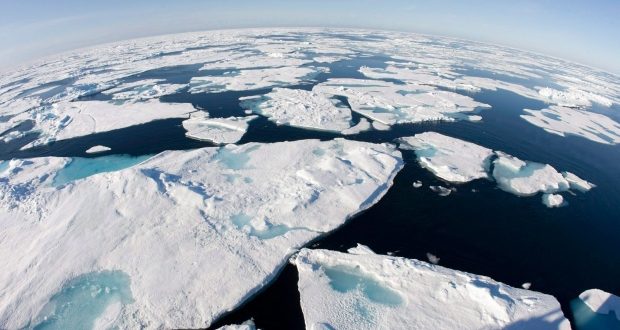A highly toxic piece of Russian space junk that’s set to fall June 4 into Baffin Bay between Ellesmere Island and Greenland poses a danger to Inuit and to Arctic wildlife, the Inuit Circumpolar Council said June 2.
Kevin Miller says the government monitored the launch and re-entry of debris closely.
In an email he said no debris had been observed falling on Canadian territory as of Sunday morning.
A stage of the Russian satellite-launching rocket was expected to fall into Baffin Bay between Ellesmere Island and Greenland outside Canadian territorial waters, but within seas over which Canada has economic control.
Published reports from experts on the Russian space program suggest it’s normal for about 10 per cent of the fuel in the main stage to remain unburned, and an Arctic contaminant specialist at the University of Manitoba says the hydrazine fuel is highly toxic and is known to persist in water.
Questions that were emailed to Public Safety Canada about where the debris from Saturday’s launch fell were not immediately answered.
The area of concern in Baffin Bay is heavily hunted and travelled by Inuit from nearly a dozen communities in Canada and Greenland.
A commission of Inuit in Canada and Greenland was preparing a formal protest to Russia over the launch, and the Canadian government has said it has told Russia it wants more advance information about such launches.
A spokesman for the Russian embassy had said last week that all the fuel should have burned up by the time the rocket stage splashed down.
Agencies/Canadajournal
 Canada Journal – News of the World Articles and videos to bring you the biggest Canadian news stories from across the country every day
Canada Journal – News of the World Articles and videos to bring you the biggest Canadian news stories from across the country every day



